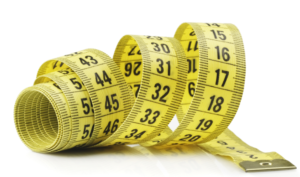Can you data mine your sex life? I recently spoke to Gareth May for Broadly/VICE re sex life data mining — good, bad, useful, and potentially dangerous!
Gareth wrote up his findings, including my insights, right here — “The Dangers of Data Mining Your Sex Life” (4/22/16).
Our full correspondence is shared below.
—
Gareth May: The first app to measure sexual prowess was Spreadsheets – a phone app which records sexual activity over a period of months or even years. Writing in The Guardian, Pamela Stephenson Connolly has said that “Electronic monitoring of any activity can subtly change a person’s behaviour and cognitive processes… In the case of sexual monitoring, the scale and reward system would reflect the programmers’ tastes, prejudices and beliefs about what constitutes ‘healthy sexuality.’” In other words, such tools could taint the way we individually see sexual satisfaction. What are your thoughts on this?
When we consider the Quantified [sexual] Self what are the dangers or positives of measuring ourselves sexually?
DrCT: Connolly’s observations here are very apt. Though establishing metrics can be useful to set baselines, measure changes, etc, where and how said metrics are set/established are human constructs — as such, they are inherently biased with human subjectivities. This is an issue/concern with all research tools though. Or, it should be. Though many, even most, researchers certainly *try* to keep their biases out of their work, the shield of “science” or “statistics” can easily be manipulated to reflect whatever it is the humans behind it are trying to present. And in a world where research can be done privately, through foundations or organizations, or even via for-profit entities, this becomes even more dangerous. These biases are also reflected in the research that *doesn’t* get done and questions that are ruled as less significant or unimportant.
So, put simply, though having tools to measure sexual satisfaction is certainly useful in many ways, they can also taint the way we may regard sexual satisfaction (or any other sex-related phenomena).
